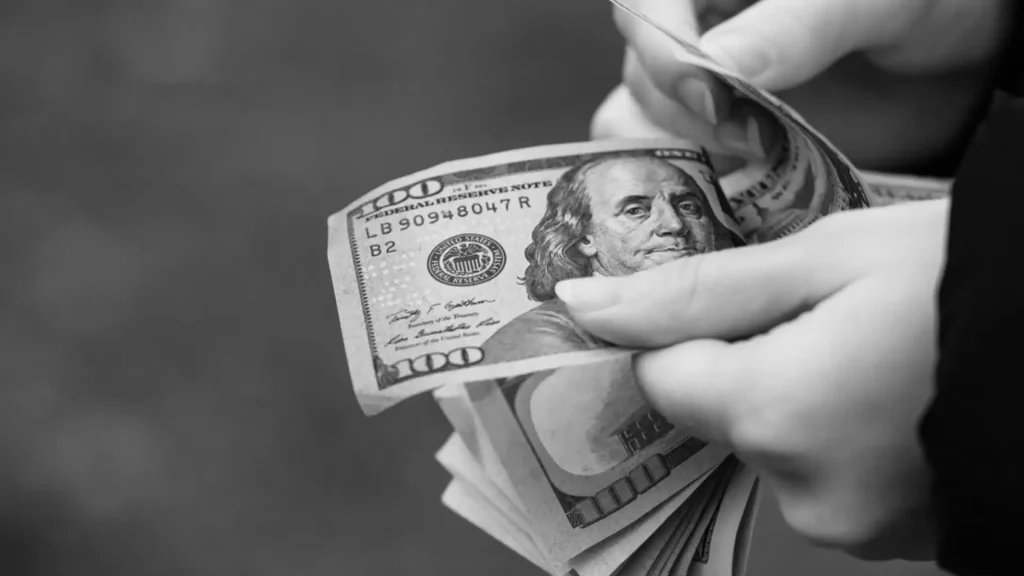Confidence mounts amongst economists and analysis on the Federal Reserve to avoid pushing the US into a recession. The inflation is slowing gradually and the economy persists in growth even after 11 consecutive rate hikes. The previous week saw another rate hike by a quarter percentage point, marking it the most significant hike in 22 years.
Chair Jerome Powell also shared important updates regarding the Federal Reserve’s economic projects. “The staff now has a noticeable slowdown in growth starting later this year in the forecast, but given the resilience of the economy recently, they are no longer forecasting a recession,” said Mr.Powell. According to the Fed’s revision in the recent forecast, the central bank can deliver a soft landing.
What is Soft Landing?
Even after a lot of predictions, the US economy has not fallen into a recession. Falling into recession would require a considerable shrinkage of economic activity. The word ‘soft landing’ figuratively means the smooth landing of a plane. Economists consider the term suitable as the word describes the guidance necessary to steer the economy back from higher inflation rates. Achieving a soft landing could be a difficult task as it requires a keen and delicate understanding of economic conditions even if the central banks lack the required tools.
According to data the central bank, currently, can lower the inflation rates through tighter monetary policy without destroying economic activities. Chief economist at Goldman Sachs, Jan Hatzius, stated that the United States could avoid a recession. The US investment banking company reduced the probability of a recession to 20 percent last week.
Hatzius stated that they believe Fed to be taking the right path. “The data this week has been consistently good. It adds to my conviction,” added Jan Hatzius. The US Bureau of Economic Analysis reported that the Fed’s favoured measure of inflation, which is the personnel consumption expenditures index cooled down in June reaching 4.1 percent which is the lowest level since October 2021.
The employment cost index also rose by 1 percent in the second quarter which was down from the 1.2 percent during the first three months of the year. The ECI and PCE figures were lesser than the predicted rate by the economists.
Heidi Shierholz, a former chief economist at the Department of Labor and the current director of policy at the Economic Policy Institute stated that the economy is already seeing inflation moderate dramatically, and “we will continue to see inflation moderate and not see a big rise in unemployment.” Heidi Shierholz also added that if the economy had a recession, it would have been a policy failure, and it would have been because the interest rates were increased too much by the Fed.
Jerome Powell mentioned that the central bank staff had withdrawn their forecast for a US recession while acknowledging that there is still work to be done to bring inflation under control. Analysts presume that even if the Fed’s target is to return to a 2 percent inflation, a soft landing close to 2 percent would also be sufficient. The S&P 500 stock index is nearly 20 percent up in the year and this increase could be based on the anticipation surrounding the artificial intelligence.
Factors such as the market ebullience, and the strength of the US economy could force the Fed to keep the interest rates higher for a longer period which could crush the labour market would send the United States economy into recession. Jerome Powell recently stated that achieving disinflation without having any negative impact on the labour market is a positive thing but stronger growth could again stir up inflation.
